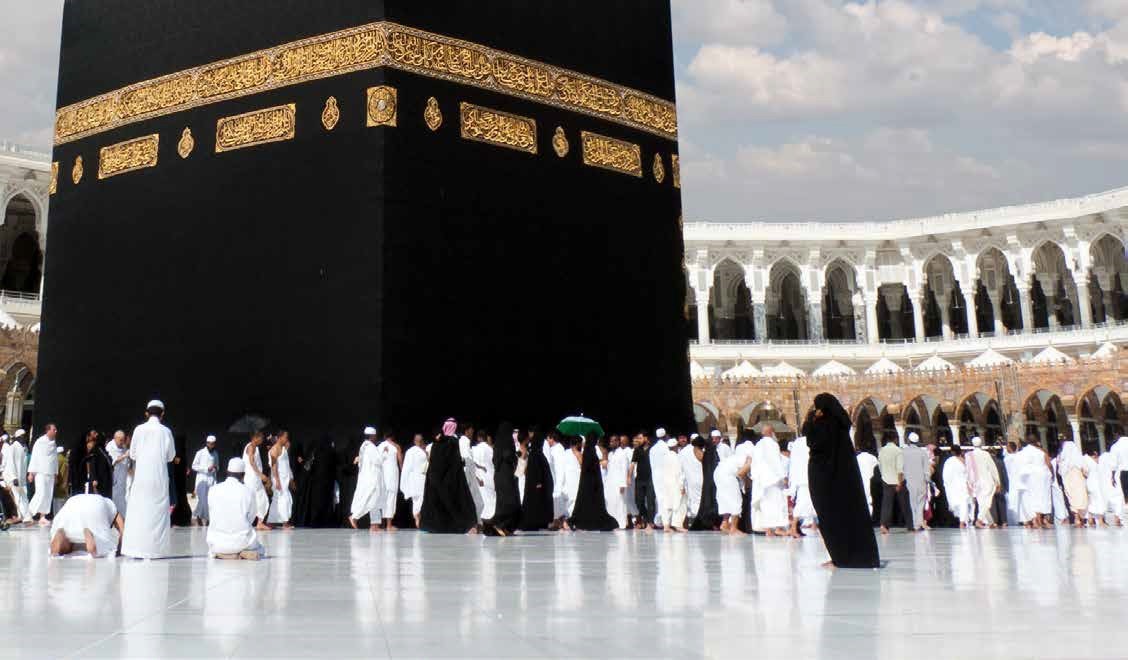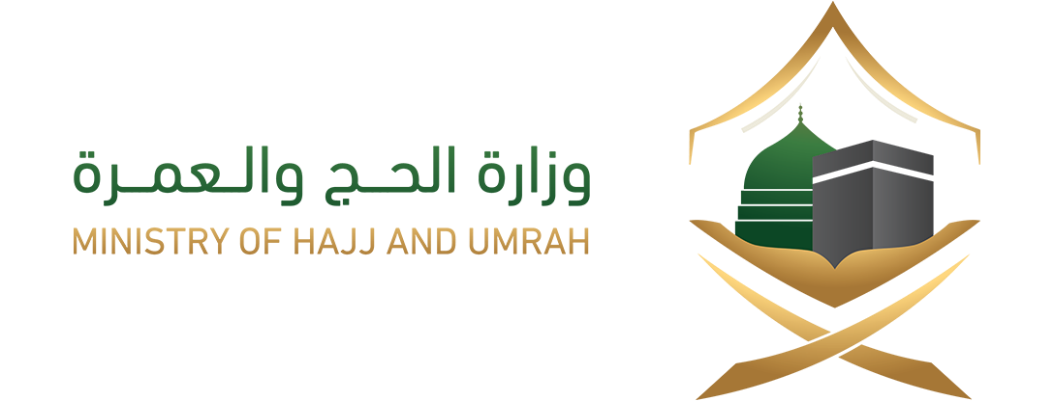The virtues of ‘Umrah
Hadith of Umrah and it’s commentary:
Abu Hurairah (May Allah be pleased with him) reported: The Messenger of Allah (sallallaahu ’alayhi wa sallam) said, “(performing) `Umrah is an expiation for the sins committed between it and the previous `Umrah; and the reward of Hajj Mabrur (i.e. one accepted) is nothing but Jannah.” [Al-Bukhari and Muslim]
Commentary: Performing Umrah is an expiation for all types of sins, whether major or minor, because the wording of the Hadith isn’t specifying either of them. However, Mu’tamars should keep in their minds the following two main conditions for the acceptance Umrah:

1. To have complete sincerity (Ikhlas) by performing Umrah rituals solely for the sake of Allah the Almighty.
2. To perform Umrah the same way it is mentioned in the Sunnah of the Prophet (peace and blessings be upon him) May Allah the Almighty accept your Umrah, Ameen.
Here are some of the many virtues of ‘Umrah:

¨ It cleanses from sins and reduces poverty and need. The Prophet m said: “Perform Hajj and ‘Umrah consecutively; for they remove poverty and sin as the bellows removes impurity from iron.”
Repeating ‘Umrah expiates the sins committed between them. The Prophet m said: “From one ‘Umrah to the next is an expiation for what was committed between them.”
Umrah in a nutshell
Umrah is an act of worshipping Allah by entering the state of Ihraam, circumambulating the House, running between Safaa and Marwa, and shaving or trimming your hair.
1. A Muslim enters into the state of Ihraam from the place specified for him by Islamic law, and he abstains from the prohibitions which he is prohibited from while in Ihraam.
2. He recites the Talbiyah, saying: “Labbayk-Allaahumma labbayk, labbayka laa shareeka laka labbayk. Innal hamda wan-ni’matah laka wal-mulk, laa shareeka lak” (“At your service, o Allah, at Your service! At Your service, there is no partner for You, at Your service! Indeed all praise and grace belong to You, and so does the supreme authority, You have no partner.”)
3. He goes to the Sanctuary (Haram), circumambulating the Ka’bah seven times, with the Ka’bah to his left. He begins at the Black Stone and ends at the Black Stone.
4. He prays two rak’ahs after completion.
5. He heads to Safa, and from here he starts the quest towards Marwah. If he reaches Marwah, he has completed one circuit. Then he returns to Safa to complete the second circuit, and so on, until he completes 7 circuits, ending in Marwah.
6. Men shave or trim their hair, and women gather their hair and cut from its ends as much as a fingertip (1-2 cm).
The information has been extracted from a Umrah booklet issued by the Ministry of Hajj and Umrah, Govt of Saudi Arabia
